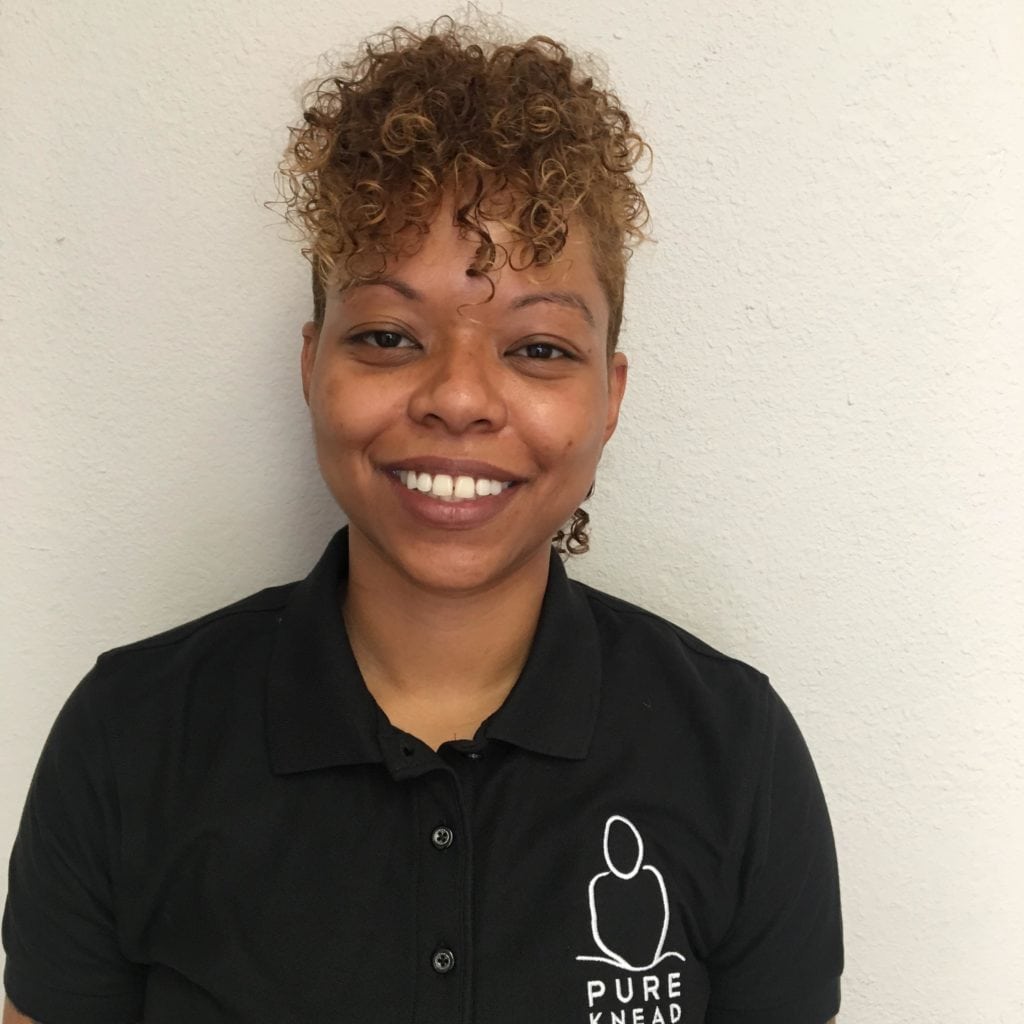Benefits of Bio-Mechanical Stimulation Massage


Biomechanical stimulation massage provides many advantages. In addition to reducing muscle tension, it increases neurological excitation, reduces inflammation and increases blood flow. It also reduces stress and depression. Here are a few of the most popular bio-mechanical massage benefits. Apart from relieving chronic pain, this type of stimulation boosts blood circulation, lessens inflammation, and eases the quality of pain and muscle. It can also help prevent painful conditions like tendonitis, osteoporosis, rheumatoid and rheumatoid arthritis.
Increases blood flow
Massage that is biomechanically stimulated is known for its benefits of increasing blood flow. However, the effect may not be as obvious as you think. Although it affects circulation, massage can also have different biological effects. Massage can, for example, increase skin temperature and trigger superficial hyperaemia. The capillaries of the skin react to mechanical stimulation by dilate. Additionally, when massage is applied to the skin the blood that is normally circulate within the muscles is diverted to the skin.
Reduces tension in muscles
The benefits of bio-mechanical stimulation massage therapy include reducing muscle tension. It can help ease muscle spasms, enhance blood circulation and lymphatic drainage and reduces stress levels. It improves posture, decreases soreness in muscles, and can help reduce the effects of aging. Massage that stimulates the biomechanics helps to restore the balance of hormones. The body produces naturally produced hormones to regulate various bodily functions, including pain and inflammation. Pollution and stress can alter the body's natural hormones. In addition to aiding the body in recovering from injuries, bio-mechanical stimulation massage also helps relieve muscle spasms, boosts blood flow, and reduces tension in the muscles.
It increases neuronal excitability
While the effects of massage utilizing bio-mechanical stimulation (BMS) on neuromuscular excitability, remain unexplored however, it is believed to reduce tension in muscles, improve well-being and improve athletic performance. Massage can reduce neuromuscular excitability via the process known as post-activation potentiation. Massage can reduce neuromuscular excitability through stimulation of muscle mechanoreceptors and relaxing muscles. Massage also helps stop muscle spasms and tension during exercises. More research is required to confirm the connection between massage and neuromuscular excitation.
Reduces muscle pain
A bio-mechanical stimulation massage reduces muscle aches, relieves tension and aids in body healing. This type of therapy is typically part of a comprehensive therapeutic program. It is a great way to relieve pain and prevent muscle strain. Massages that stimulate the body can be an excellent option for people suffering from chronic pains or aches.
The number of satellite cells increases
Recent research has demonstrated that biomechanical stimulation massage can boost the amount of satellite cells in skeletal muscles. 여수출장 Satellite cells are mechanosensitive cells that respond to changes in their niche's surroundings. They are tethered to the extracellular matrix by a dystrophin-associated glycoprotein complex. Modifications to the extracellular matrix and the mechanical properties of muscles can also impact satellite cell numbers. Massage may increase satellite cell numbers.
Increases M1 macrophages
Macrophages are well-known for their anti-inflammatory and plasticity capabilities. They may also be susceptible to phenotype changes for example, M1 turning into M2. This phenotype transition can result in an inflammation-related condition, or an anti-inflammatory condition. There are several ways to regulate the inflammatory response. These include reducing neutrophilic responses and increasing M1 macrophages.
Aids in preventing further injuries
Researchers from Colorado State University, and The University of Kentucky have discovered that bio-mechanical stimulation (or a form of massage) can help in preventing further injuries by boosting satellite cells in muscles. Study also found that mechanical stimulation could cause a phenotype shift in M1 macrophages, which transform into anti-inflammatory macrophages, M2 macrophages. This signaling change may also improve the body's ability to adapt to rehabilitation.
